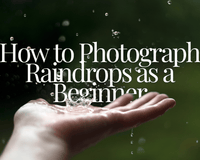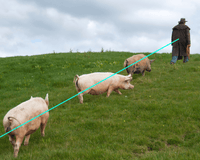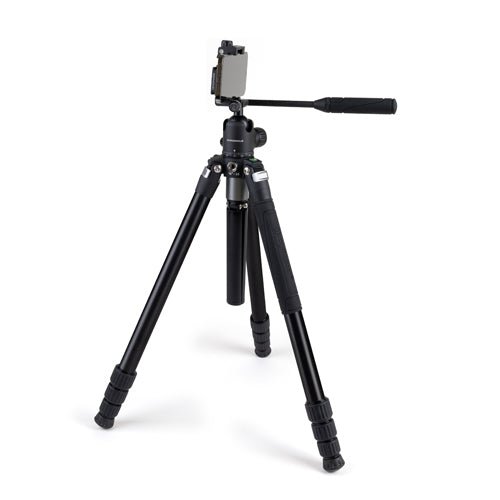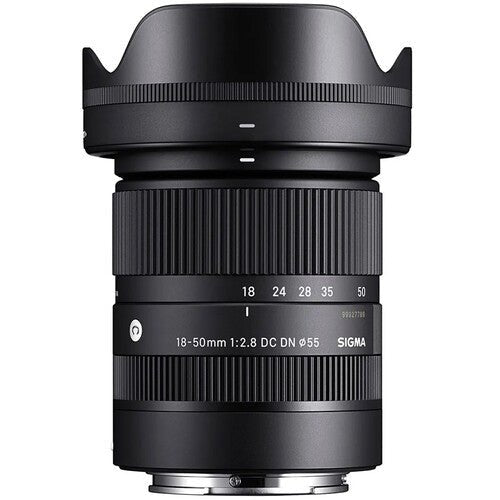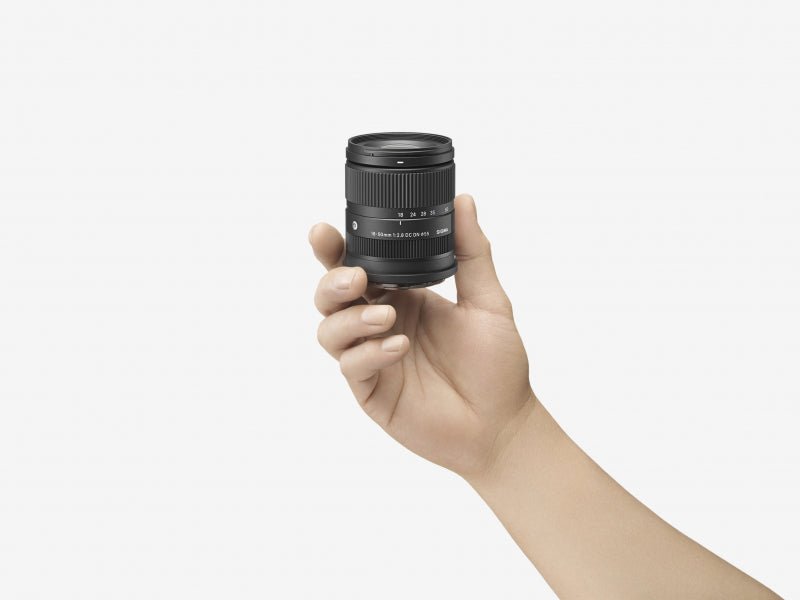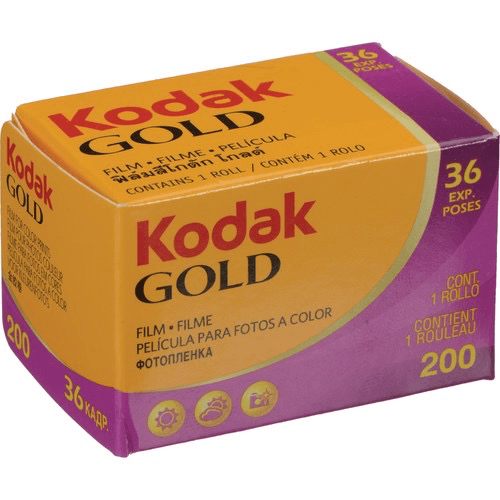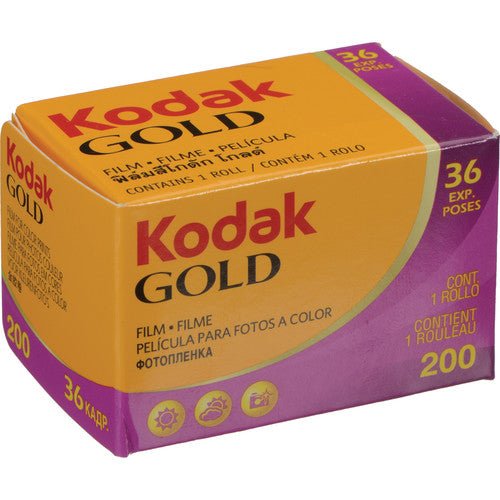What is commercial photography, and how can you incorporate it into your resume? Amp up your photography resume by using these tips, and you will become a commercial photographer.
Summing up Commercial Photography:
Commercial Photography is any photo used for publication or business to promote/sell products or services. This can be seen on social media ads, bulletin boards, magazine ads, websites, and the list can continue.
There are a variety of types of commercial photography. You can specialize in one or dabble in all. Totally up to you! Some of the specialties are:
To capture these shots, you might work in a photo studio provided by the company or even do it from home and sell the photograph you took. You may need to stick with the company's aesthetic and brand, and they might even give you creative authority.
You can take a photo of your product using a lightbox, where you can showcase the item in all its glory without competing with any other elements. Another approach is including a person or people to give your product life.
Advertising has transformed within the last two decades, and social media has played a significant impact on the way marketers and advertisers reach their audiences. Commercial photography is nothing new - it has been around for years and has to evolve to keep up with the times. Traditional commercial photography has blended with lifestyle photography. Lifestyle photography is known for literally showing the style of life. With that said, the product isn't necessarily the main focus. This style wants to show how the product is used in everyday life.
Creating Your Portfolio
One of the best ways to start a career in commercial photography is to build and create a portfolio. You should fill your portfolio with the type of work you want to attract.
Example: If you are going into real estate photography, having a portfolio with nothing but headshots won't show your capabilities. Not proving what you can do will hinder a realtor from hiring you.
If you don't have any photographs to show your work, you might want to offer your services for free or at a lower cost to get your feet wet.
Pro-tip: Do not get into the habit of offering free work. Because you will want to get compensated for the work you do.
Another Option: Become a Photography Assistant
If you aren't finding any solo work, you can offer to be an assistant for one of your peers. Doing this will still help you get the experience you need.
Example: You can act as a lighting assistant to give you the knowledge you need for future reference. You will get hands-on experience, but you will also learn how to build a professional network.
Let's Start with a Plan
Having a plan will help you when preparing for a photoshoot. Having communication with your clients will always help guarantee a successful shoot. One of my biggest pet peeves with anything is a lack of communication and not knowing what is going on. Ask your potential client questions about the brand/job and do a little research. You don't want to show up on the day off and feel clueless about the brand/job that you are covering.
Here are some questions you can use during your pre-production meetings:
• What are your previous experiences with photography?
• What did you like/didn't like about those experiences?
• What brands do you admire?
• What aesthetic are you aiming for?
• What is your budget?
• What crop ratio and resolution would you like?
• What medium will you be using these photos? Social Media? Website?
• How big is your social media audience?
• How long would you like to use these photos? Because of copyright reasons, you are essentially renting these photos out to your client.
Gear & Shooting Plan
Now that your pre-production meeting is over, you will want to prepare all of your gear and think of an execution plan. At this point, you should have some creative direction to have a mood board.
Create a checklist of all the gear you will need so you don't leave anything behind on the shoot day.
When creating your mood board, include that in your compensation. If you can go to the shoot with ideas on how to improve their photos, it will make you look better and show that you are an experienced creative.
Contract Time
This is the most crucial step. The legal contracts are what will make you a professional. Here are a few items you will need to include in a commercial photography contract:
• Model Releases
• Usage Rights - Full Buyout of Images
• Compensation Bids
Whatever you decide for the above, make sure everything is clearly defined in the contract. You need to cross your t's and dot your i's to protect yourself in the long run.
Day of the Shoot
Arrive early to the set or location to test out the lighting and make sure everything will run smoothly. If the location doesn't seem to be working, you should always have a Plan B in place.
Once your clients show up on set (if they do), continuously try to include and unite with them to get the best shot possible. Always take more photographs than you think you need, and it will be a headache if you wait until post-production to realize you didn't get the shot.
The Homestretch - Post-production
Some photographers opt to hire a retoucher, but they can be expensive. If you are capable of editing and working with Adobe Photoshop or LightRoom, I suggest doing it on your own.
After you have edited your photos, send them off to your client. Try to send at least 50 edited photographs for your client to choose from. You never want to under-deliver.
Now you know the ins and outs of commercial photography. Remember to update your photo once you have taken commercial photographs. It is also wise to upload them to your professional social media accounts to promote your work.
Go out and get some experience in the commercial photography industry.
Related article: How to Get Into Photography
Related article: Camera Settings Guide – Best Camera Settings in Photography
Related article: Photography Composition Techniques



